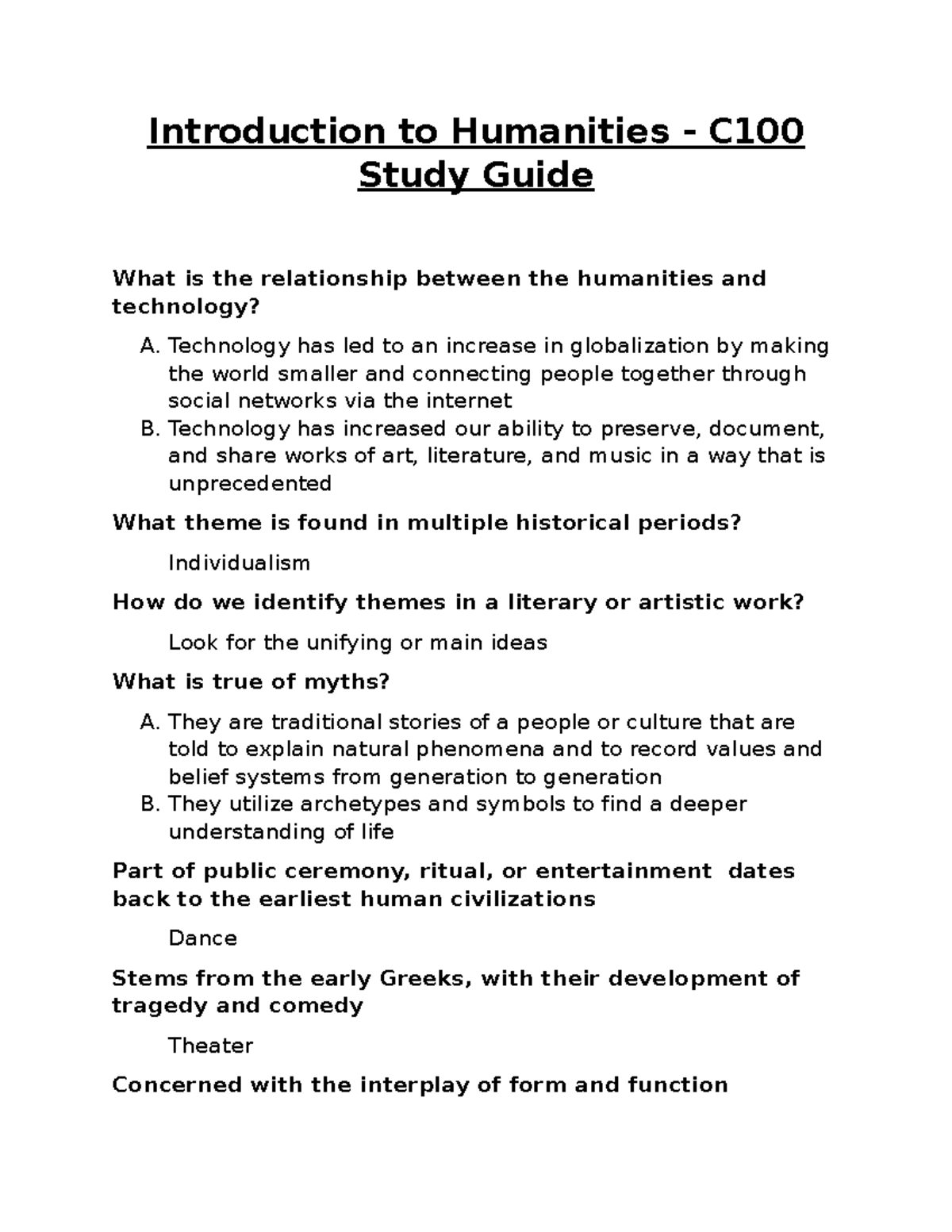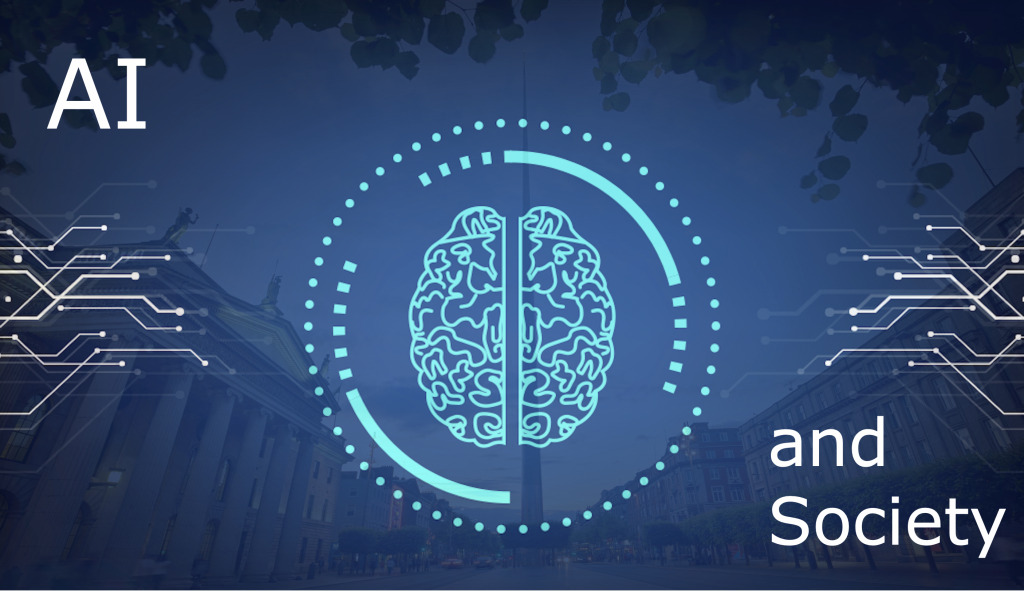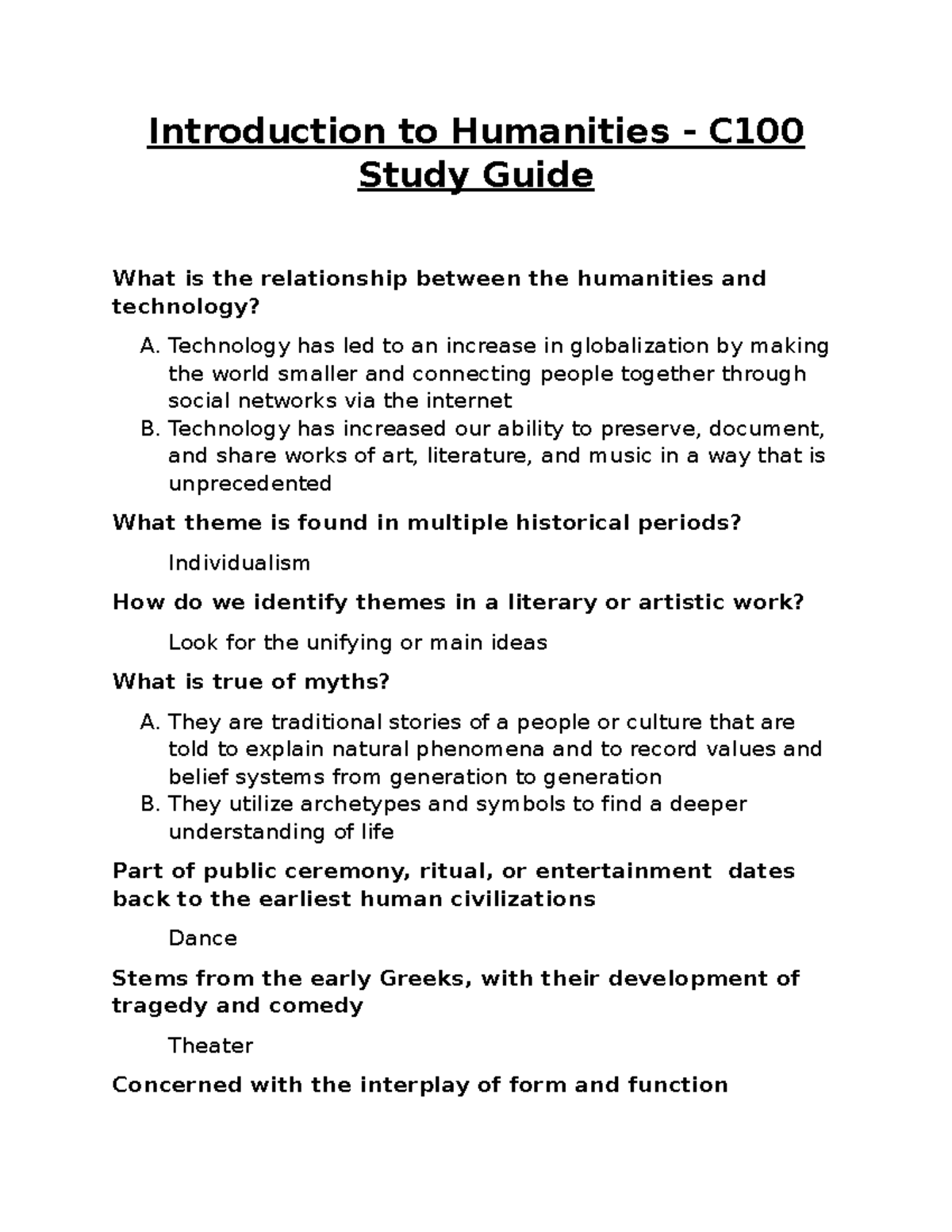Introductory humanities courses play a pivotal role in reshaping the academic landscape by engaging first-year students and highlighting the importance of arts and humanities. As enrollment in these vital disciplines faces a nationwide decline, institutions like Harvard are proactively launching new humanities curriculum to attract and retain students. Dean Sean Kelly emphasizes that these courses are designed to captivate students with intriguing content that showcases the intrinsic value of humanities beyond mere vocational skills. By integrating innovative subjects such as medical humanities and literature through diverse lenses, the courses aim to elevate humanities enrollment and foster a deeper appreciation for cultural analysis. Through initiatives like the Harvard humanities initiative, these courses are crafted to not only inform but also inspire students to explore fundamental questions about human existence that resonate throughout their academic journey.
Beginning with foundational studies in the arts and humanities, these introductory courses are essential for captivating the interest of new students and nurturing their intellectual growth. The fresh offerings within the framework of humanities education aim to enliven the academic experience by emphasizing the significance of cultural theory and creative expression. At institutions dedicated to exploring human experiences, educators are reimagining how these core subjects are presented, allowing for a more immersive and enjoyable learning environment. By focusing on critical inquiry, engaging discussions, and diverse perspectives, these courses endeavor to create a vibrant educational ecosystem that resonates with students at every level. Such an approach not only addresses enrollment challenges but also instills a love for the rich tapestry of insights that arts and humanities offer.
The Role of Introductory Humanities Courses in Student Engagement
Introductory humanities courses serve as a crucial entry point for first-year students, opening doors to a world of critical thinking and cultural understanding. As Dean Sean Kelly points out, these courses are designed not only to attract new students but also to captivate them with the intrinsic value of the humanities. By offering engaging content that resonates with the diverse backgrounds of the student body, institutions can elevate humanities enrollment significantly. Courses like “Introduction to the Medical and Health Humanities” and “Language” exemplify this approach, providing insights that are relevant to students’ lives and encouraging them to remain engaged with the field.
Moreover, understanding the importance of arts and humanities can dramatically impact a student’s academic trajectory. As students delve into subjects that not only challenge their intellect but also spark their curiosity, they are more likely to remain in these disciplines. This is particularly pressing in light of national trends showing declining interest in the humanities. By redesigning introductory courses to be more inviting and relevant, educational institutions can transform students’ perceptions and inspire a new respect for the arts, fostering a deeper appreciation for the narratives and ideas that shape human experience.
Frequently Asked Questions
What are the benefits of enrolling in introductory humanities courses at Harvard?
Introductory humanities courses at Harvard offer unique benefits, such as engaging first-year students through diverse subjects and interactive learning. These courses aim to foster a deep understanding of the arts and humanities’ importance, cultivating critical thinking, creativity, and cultural awareness. By exploring fundamental questions about human existence, the new humanities curriculum encourages students to connect personal values with broader societal issues.
How does the Harvard humanities initiative address declining enrollment?
The Harvard humanities initiative seeks to elevate humanities enrollment by introducing redesigned introductory humanities courses that resonate with new students. By emphasizing the intrinsic value of disciplines such as philosophy and literature, these courses aim to captivate students’ interests and demonstrate the relevance of the arts and humanities in contemporary society.
What topics are covered in the new introductory humanities courses?
The new introductory humanities courses cover a wide range of topics, including the medical and health humanities, migration in film, the philosophy of technology, and the art of reading and writing fiction. By engaging with these subjects, students gain insight into the multifaceted nature of human culture, which is essential for those pursuing a degree in the humanities.
How can students make the most of their experience in introductory humanities courses?
To maximize their experience in introductory humanities courses, students should actively participate in discussions, engage with diverse texts, and collaborate with peers. Embracing the critical and creative aspects of these courses will enhance their understanding of the arts and humanities’ importance, helping them discover their personal connections to these fields.
What is the role of faculty in the new introductory humanities curriculum?
Faculty play a crucial role in the new introductory humanities curriculum by guiding students through engaging and thought-provoking material. They are tasked with rethinking traditional approaches to teaching humanities subjects, aiming to create courses that inspire curiosity and foster a love for learning about the arts and humanities.
What makes these humanities courses different from traditional courses?
The introductory humanities courses at Harvard differ from traditional courses by focusing on engaging first-year students through innovative content and teaching methods. Instead of solely emphasizing canonical texts, these courses highlight contemporary issues and real-world applications, showcasing the relevance of the humanities in today’s society.
Why should first-year students consider taking introductory humanities courses?
First-year students should consider taking introductory humanities courses to explore their interests, enhance their critical thinking skills, and develop a deeper understanding of human culture. These courses encourage students to engage with complex ideas and narratives, helping them navigate their academic and personal journeys.
How do introductory humanities courses prepare students for their future careers?
Introductory humanities courses prepare students for future careers by cultivating essential skills such as analytical thinking, effective communication, and creativity. These skills are increasingly valuable in various fields, empowering students to approach problems innovatively and contribute to society in meaningful ways.
| Key Point | Details |
|---|---|
| New Introductory Courses | Nine new courses will be offered in Arts and Humanities to engage first-year students. |
| Declining Enrollment | Approximately 12% of incoming first-years are interested in Arts and Humanities; half change their minds during their studies. |
| Curriculum Changes | Faculty aim to improve course appeal by moving beyond debates of ‘greatness’ in texts. |
| Inspirational Philosophy Program | The Philosophy Department saw a significant increase in concentrators by focusing on engaging introductory questions about humanity. |
| New Courses Overview | Courses cover various topics, including the humanities’ foundations and critical reading through fiction. |
| Focus on Intrinsic Value | Courses emphasize the humanities’ intrinsic worth beyond their practical applications. |
Summary
Introductory humanities courses are being revitalized to captivate first-year students and foster a greater engagement with the arts and humanities. With the introduction of innovative and appealing course offerings, educational institutions are looking to address the declining interest in these vital subjects. As demonstrated by the initiatives at Harvard, these programs not only aim to attract students, but also to enrich their understanding of human culture and existence, reflecting the intrinsic value of storytelling and critical engagement in shaping their identities and perspectives.


